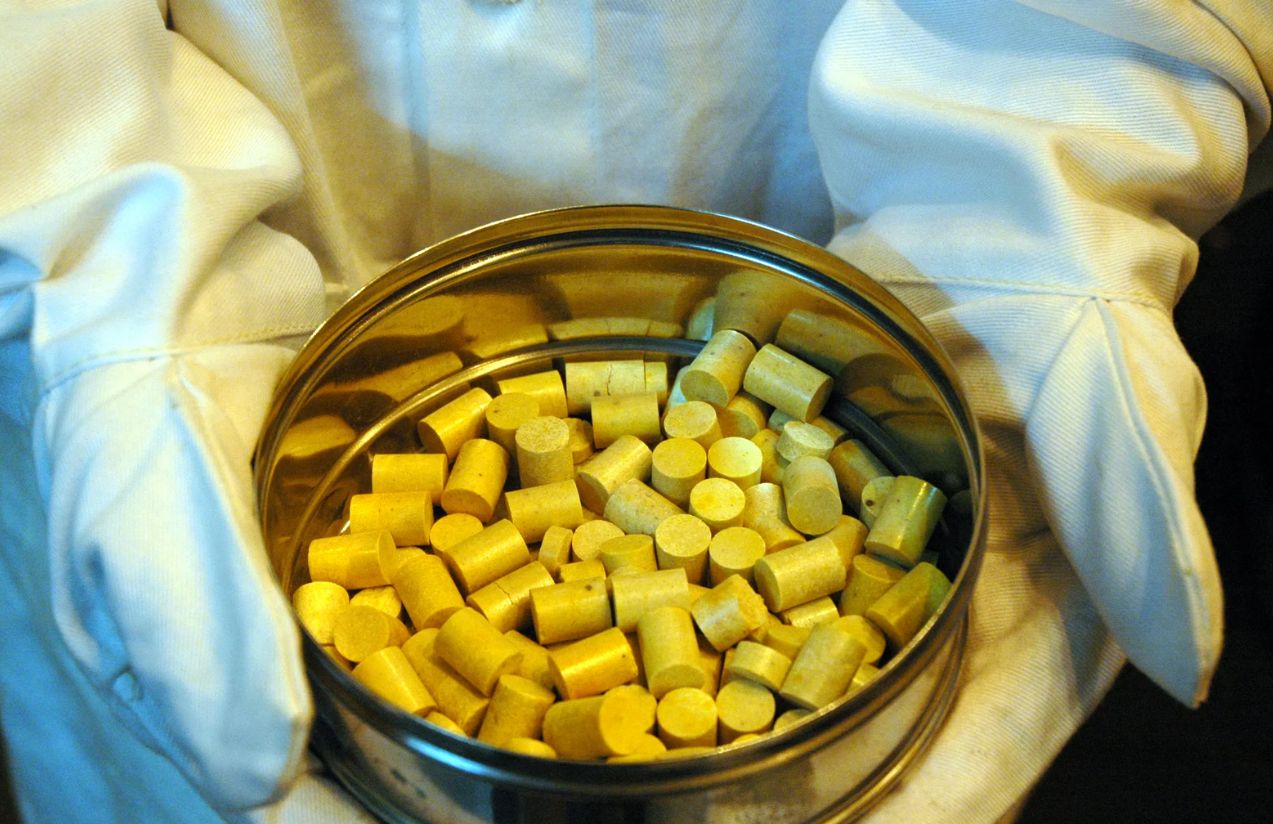Researchers in China have developed a prototype reactor based on thorium dissolved in molten salts, a promising technology that could transform electricity generation. This design eliminates the traditional use of solid fuel rods, operating instead at low pressure with higher fuel efficiency.
One of its key strengths is passive safety: in the event of a failure, the liquid fuel drains by gravity into secure tanks, automatically stopping the reaction without human intervention. It also produces far fewer radioactive wastes, and those generated have a much shorter lifespan, making long-term management easier.
In terms of operational efficiency, molten salt allows a much higher fraction of the energy material to be used, reducing costs and simplifying the structural system. The project is part of an ambitious strategy: China plans to scale this prototype into commercial units within the next decade.
Why could this reactor mark the beginning of a new energy era?
Because it combines an abundant source (thorium), safer operation, fewer radioactive wastes, and high fuel efficiency. If its feasibility is confirmed on a large scale, it could partially replace current uranium reactors and offer cleaner, more sustainable energy in the long term.

